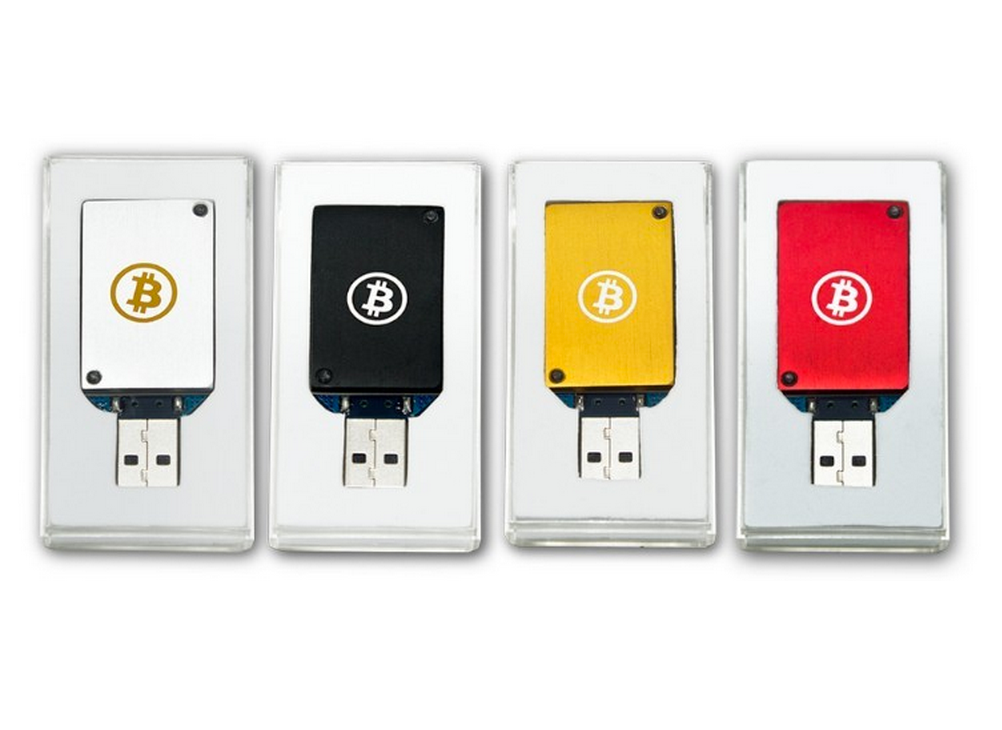Exchange Tokens: Neither a Great Investment Nor a Great Market Indicator
Line graph showing exchange token and bitcoin returns’ correlation vs time
They’re definitely not equity, but could “exchange tokens” be bellwethers for one of crypto’s best use cases? (Spoiler: Probably not)
Among thousands of venture-backed startups, tokens, coins, blockchains and open-source technology projects, exchange operators now stand out among the top revenue getters in the crypto asset category. Coinbase, not the largest by trading volume even among exchanges whose trade data is trusted, reported $173 million in 2018 non-U.S. revenue, leading Reuters to estimate Coinbase’s global revenue as north of $500 million.
If crypto has proven itself in one use case, it is as a volatile asset for investors hungry to speculate. Our estimate of exchange operators’ fee-based revenue shows this to be true.
As such, crypto tokens issued by the exchanges themselves could be among the most useful digital assets in circulation. “Exchange tokens,” as they are called, offer holders discounts on trading fees and other benefits. This doesn’t make them anything like equity claims on exchange revenue, which several analysts have pointed out, no matter what buyback mechanisms are employed. It does make them much like the “utility tokens” issued in the initial coin offering boom of 2017 and 2018 – or like air miles – and some investors in these tokens embrace that narrative.
Unlike air miles, exchange tokens trade freely on a variety of venues. As such it’s surprising that, despite the success of their issuers, the tokens themselves have not been more successful as investments. The table below shows the one-, three-, six-, nine- and 12-month returns of Binance’s BNB, Huobi’s HT, Bitfinex’s LEO and OKEx’s OKB, the four exchange tokens that make up the exchange token index provided by FTX, a derivatives exchange operator, as of Jan. 28 (data via Nomics).

The benefits to traders, however, can be significant. According to Binance’s fee schedule, the top tier of BNB token holders must today hold about $176,000 worth of the token and trade about $1.2 billion per month on the exchange (with BNB and BTC at current prices of about $16 and $8,000 respectively). For users trading in these volumes,top-tier BNB holdings provide fee discounts that would save them about $720,000 each month, off the standard trading fees – more, if these traders pay the fees themselves in the Binance token. They also provide access to “initial exchange offerings” (IEOs), a new asset issuance operated by the exchange.
As such, BNB and other exchange tokens might be expected to serve as indicators as to the relative success of the issuing exchanges. After all, if an open market for air miles existed, you might expect one airline’s miles to trade at a premium to another’s, depending on flyers’ perceptions of their service.
At one time, that was true of exchange tokens, but over the course of the past year it’s become less and less so. For most of these exchange tokens, the correlation between price and the issuing exchanges’ reported volume is weakening over time. (Unlike the exchanges in the revenue chart, not all these exchange token issuers’ reported volume is rated trustworthy.)

Even as a more general metric, providing an indicator of the broad demand for crypto assets as a speculative investment, exchange tokens are a weak signal. Or, at least, they are no better than the price of bitcoin. At the same time as their prices have drifted from the reported volume of their parent exchanges, exchange tokens’ daily returns have hewed more closely to those of bitcoin itself.

It’s been 11 years since bitcoin was operational and you can make a case that speculation is the best-proven user narrative for the entire asset category. And it is a real use: not everyone in the world has access to volatile assets (and for some, perhaps no asset is volatile enough). For now, exchange tokens appear to be just another flavor of that volatility. Their price movements don’t yet support thinking of exchange tokens as a meaningful innovation in use or ownership.
Disclosure Read More
The leader in blockchain news, CoinDesk is a media outlet that strives for the highest journalistic standards and abides by a strict set of editorial policies. CoinDesk is an independent operating subsidiary of Digital Currency Group, which invests in cryptocurrencies and blockchain startups.









